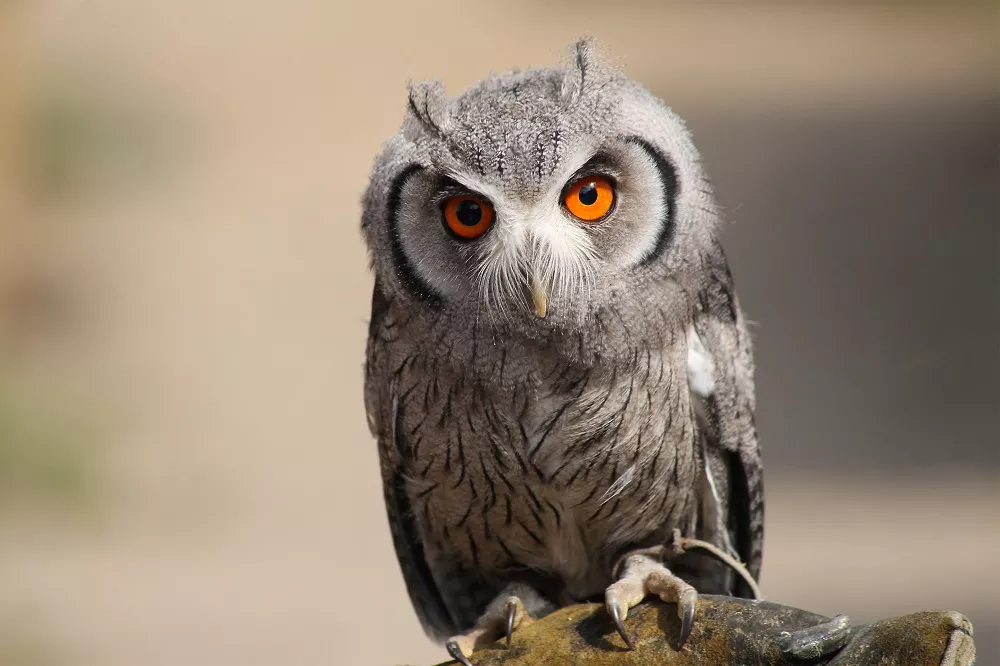Owls are well-known for their predatory nature, with their sharp talons and keen eyesight making them skilled hunters of small animals such as rodents and birds. However, some people may wonder if these birds of prey ever eat plants. In this article, we’ll explore whether owls eat plants and what their diets typically consist of.
Do Owls Eat Plants?
No, owls do not eat plants. Owls are carnivorous and require a diet that is high in protein and other nutrients that are only found in animal-based foods. While some animals are able to derive nutrients from plants, owls are not among them. The digestive systems of owls are adapted to break down and absorb the nutrients found in meat, not plant matter.
What Do Owls Eat?
Owls are apex predators and are known for their predatory behavior. Their diet primarily consists of small animals such as rodents, birds, and insects. The specific types of prey that owls hunt and consume depend on the species of owl and the environment in which they live.
Some species of owls, such as the Barn Owl, specialize in hunting small mammals such as rodents. They use their excellent hearing to locate prey in the dark and then swoop down to capture it with their sharp talons. Other species of owls, such as the Great Horned Owl, are known for their ability to take down larger prey such as rabbits and even other birds.
In addition to animal-based foods, owls also consume other parts of their prey such as bones, fur, and feathers. These are broken down and digested in the owl’s stomach, which is adapted to handle these tough materials.
How Do Owls Obtain Their Food?
Owls are nocturnal predators and have adaptations that allow them to hunt effectively in the dark. They have excellent eyesight, with large eyes that are adapted to see in low light conditions. They also have an acute sense of hearing, with facial disks that help to funnel sound to their ears.
When hunting, owls will typically perch on a tree branch or other high point and wait for prey to come within striking distance. They will then swoop down and use their sharp talons to capture the prey. Some species of owls are also able to catch prey in mid-flight, such as the Northern Saw-whet Owl, which is known for its ability to capture small birds in flight.
The Dangers of a Herbivorous Diet for Owls
It is crucial to remember that owls are not adapted to a herbivorous diet, and attempting to feed them a plant-based diet could have severe consequences. A lack of proper nutrition can lead to health problems, such as malnutrition, weakened bones, and reduced fertility. In addition, attempting to feed owls a vegetarian diet is inhumane and goes against their natural instincts and behavior.
It is also worth noting that some plants can be toxic to owls and other birds of prey. For example, certain species of oak trees produce acorns that contain tannins, which can be harmful or even fatal to raptors if consumed in large quantities. Therefore, it is important to avoid feeding owls any plant material and to ensure that any potential hazards are removed from their environment.
Conclusion
In summary, owls do not eat plants and are exclusively carnivorous. Their diets consist primarily of small animals such as rodents, birds, and insects. Owls have adaptations that allow them to hunt effectively in the dark, such as their excellent eyesight and acute hearing. While they may not eat plants, owls play an important role in maintaining ecological balance by keeping populations of small animals in check.
Related Topics:
- The Largest Owl In The World: Eurasian Eagle-Owl
- Do Barn Owls Eat Rabbits?
- What Do Barn Owls Eat (Something You Need To Know)
- Do Barn Owls Eat Snakes?


 Facebook
Facebook  Instagram
Instagram  Youtube
Youtube 